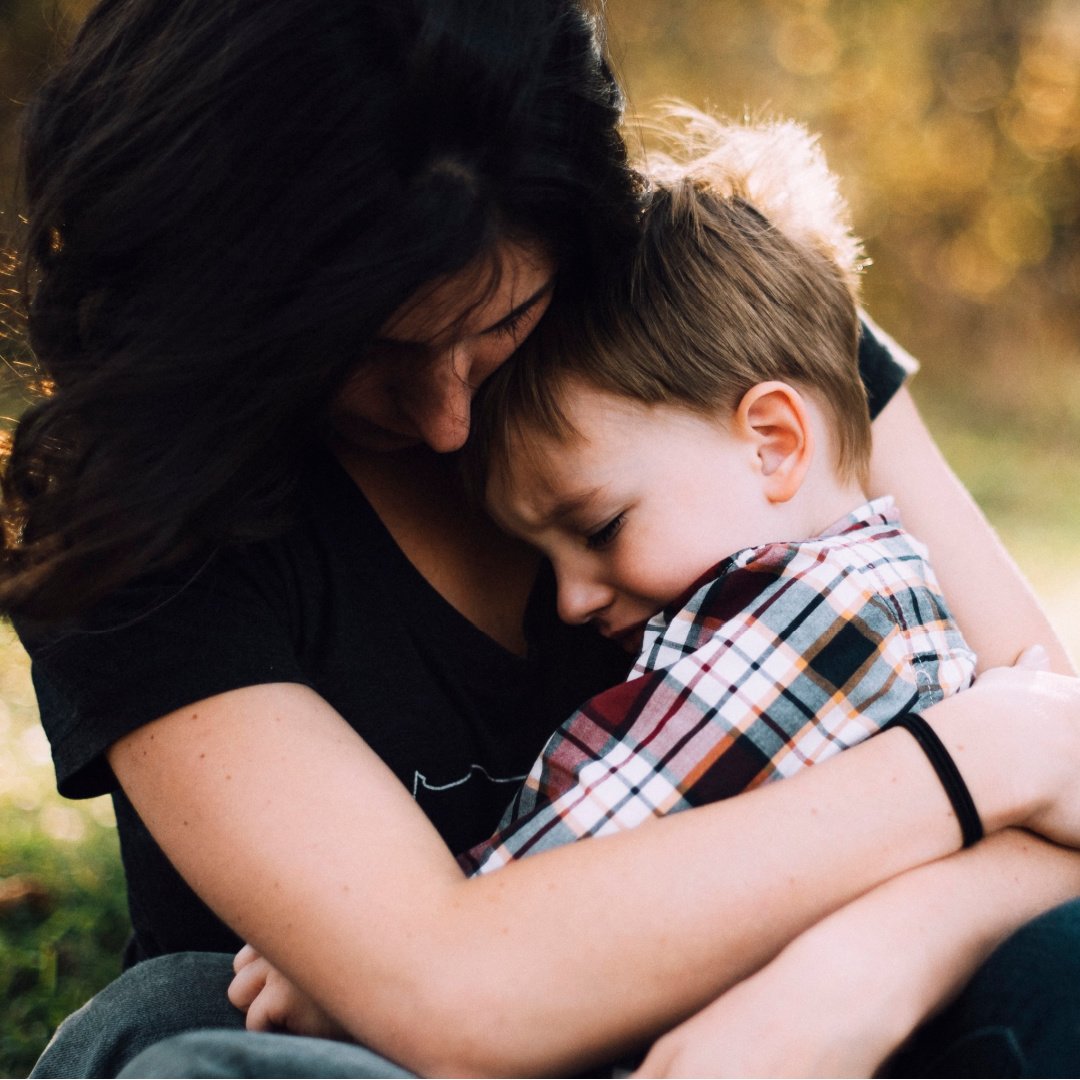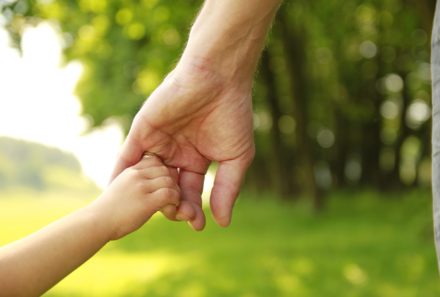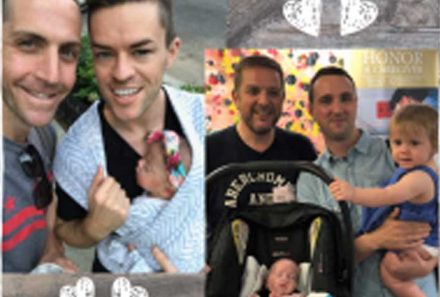The Effects of Childhood Exposure to Domestic Violence

Domestic violence is a silent threat that is putting thousands of women and children at risk every day. Children who witness or experience abuse can live with the effects of their trauma into their teenage years and adulthood, leaving them with a higher risk of developing mental and emotional disorders and damaging their long-term development. For National Domestic Violence Awareness Month throughout October, it’s important to shed light on the child victims of abuse who are often trapped in these cycles of violence.
Domestic violence encompasses a range of manipulative, controlling, and violent behaviors exerted by one partner in order to maintain power over the other partner in an intimate relationship. While domestic violence is often recognized as being within a partnership between two people, DV can also be reflected in the wider family dynamic involving children. When situations are growing violent between current or former spouses in a household, children are at risk of exposure to violence in the form of verbal arguments and physical altercations. Witnessing violent acts between parents can have a tremendous impact on children. According to the National Child Traumatic Stress Network, typical short-term responses children may have to witness DV include the following:
- Hyperarousal: Feeling jumpy or nervous, or is easily startled
- Reexperiencing: Reliving images, sensations, or memories of the violent acts
- Avoidance: Staying away from people, places, and reminders associated with the violence
- Withdrawal: Feeling numb, frozen, or shut down
- Reactions to reminders: Reacting to sights, smells, tastes, sounds, words, things, places, emotions, and people that become linked in their mind with the traumatic events
- Trouble sleeping: Difficulty going to or staying asleep, or having nightmares
- Repetitive talk or play: Regularly talking about or roleplaying the domestic violence, like with toys or dolls
Children are also commonly used by the abusive parent or figure to hold control over their victim. Abusers may threaten to stop paying for the children’s needs or to take the children away from the victim permanently. Abusive parents may also use the children to pass along manipulative messages or threats to the victim themselves.
In households where physical violence occurs, children may be at a greater risk of experiencing bodily harm. Reports have demonstrated that domestic violence between partners also coincides with forms of child maltreatment. According to one study, the lifetime prevalence of co-occurring domestic violence and child abuse in the United States, across the general population, was 6%. However, in families where domestic violence was already taking place, the prevalence of child abuse occurring was 45%. This shows that domestic violence can directly impact children and put children at a greater risk of becoming victims to verbal, physical, or sexual abuse.
As children grow into adulthood, they may have to battle the long-term implications of their trauma. Some of the lasting effects of exposure to domestic violence and child abuse include mental and emotional disorders, including post-traumatic stress disorder (PTSD), depression, and anxiety. Other risks include the increased likelihood of being revictimized in adulthood. Studies suggest that adults who witnessed or experienced physical, verbal, or sexual violence in childhood are more likely to become victims of violent behaviors again later in life.
Other researchers also theorize that people who were abused as children are at a greater risk of engaging in abusive relationships as adults. The cycle of violence can be difficult to break free from and persists for a number of reasons, including the idea that it is a way for the individual to establish the power and control they were previously denied as a victim, and take out the anger they felt toward their perpetrator on someone else.
Domestic violence can destroy families and leave a lasting impact on children as they grow up. Many children placed in the foster care system may have come from households where they were not properly loved, nurtured, and respected. The fact is that all children deserve parents or guardians who will care for them, and raise them to be outstanding members of society. Heart of Adoptions understands the struggles that many children go through and is dedicated to help them find permanent, loving homes free of violence and neglect. If children have been exposed to violence, there are resources available for them to get the help, counseling, and treatment they need to work through and overcome their trauma.






